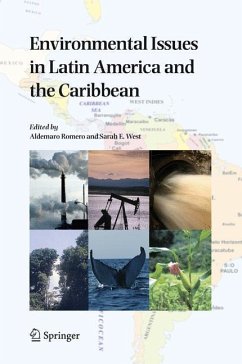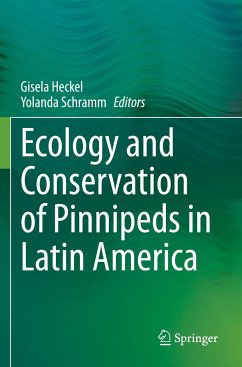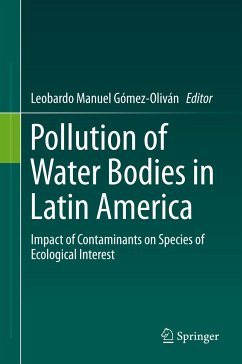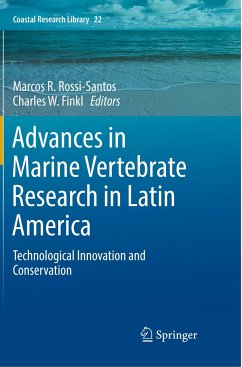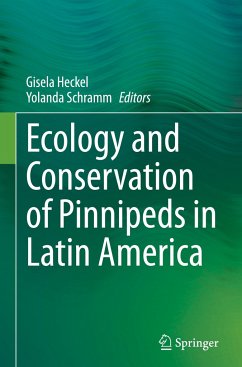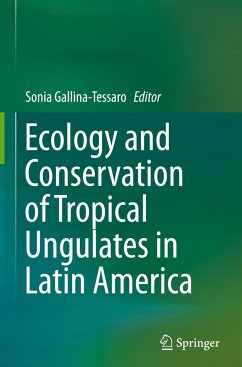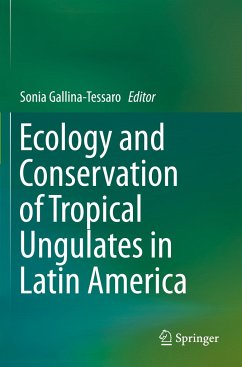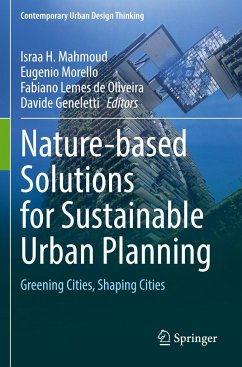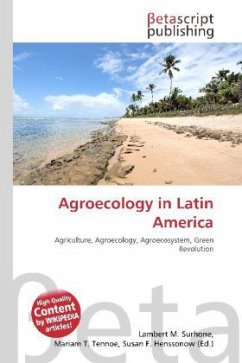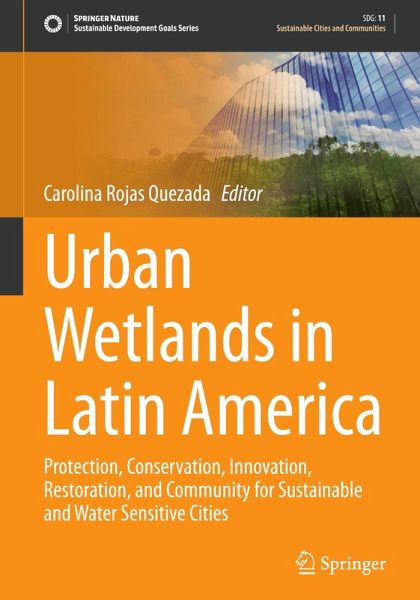
Urban Wetlands in Latin America
Protection, Conservation, Innovation, Restoration, and Community for Sustainable and Water Sensitive Cities
Herausgegeben: Rojas Quezada, Carolina

PAYBACK Punkte
83 °P sammeln!
This book is about the contribution of urban wetlands in livable cities. Urban wetlands are very valuable blue-green infrastructure spaces for human settlements, yet they are disappearing as a result of urbanization. This phenomenon is worldwide, but is particularly intense in Latin America. Although international literature has made an effort to document the multiple ecosystem services provided by these ecosystems, such as water and air cleansing, flood mitigation and recreation, among others, we want to draw attention to the fact that the loss of urban wetlands affects the sustainability of ...
This book is about the contribution of urban wetlands in livable cities. Urban wetlands are very valuable blue-green infrastructure spaces for human settlements, yet they are disappearing as a result of urbanization. This phenomenon is worldwide, but is particularly intense in Latin America. Although international literature has made an effort to document the multiple ecosystem services provided by these ecosystems, such as water and air cleansing, flood mitigation and recreation, among others, we want to draw attention to the fact that the loss of urban wetlands affects the sustainability of cities and future generations. Therefore, and given the weakness of public policies implemented in the region for their protection, it is essential to highlight good practices, mechanisms and strategies aimed at Protection, Conservation, Innovation, Restoration, and work with the Community, all of this hand in hand with the 17 Sustainable Development Goals.
The book offers a comprehensive coverage combining the need to protect and conserve urban wetlands from the pressures of urban growth, as well as highlighting successful experiences of regulation and of course applied research aimed at nature-based solution design for flood management and wastewater treatment, restoration areas, green infrastructure plans, as well as experiences of collective work with communities in contexts of political tensions for the defense of wetlands.
The book offers a comprehensive coverage combining the need to protect and conserve urban wetlands from the pressures of urban growth, as well as highlighting successful experiences of regulation and of course applied research aimed at nature-based solution design for flood management and wastewater treatment, restoration areas, green infrastructure plans, as well as experiences of collective work with communities in contexts of political tensions for the defense of wetlands.



